Taxes in Canada cannot be called strict, as, for example, in France. The tax system of a country is a combination of tools and methods that can ensure the effective collection of taxes and fees in the state.
Tax system
The Canadian tax system is divided into three levels: local, provincial, and federal. The last two levels bring almost 90% of all taxes to the state treasury. Income tax in Canada accounts for most of the state revenue. At the provincial level, revenues are made up of several parts. These are revenues such as sales tax, excise tax, rent, license fees, income and capital taxes in Canada.
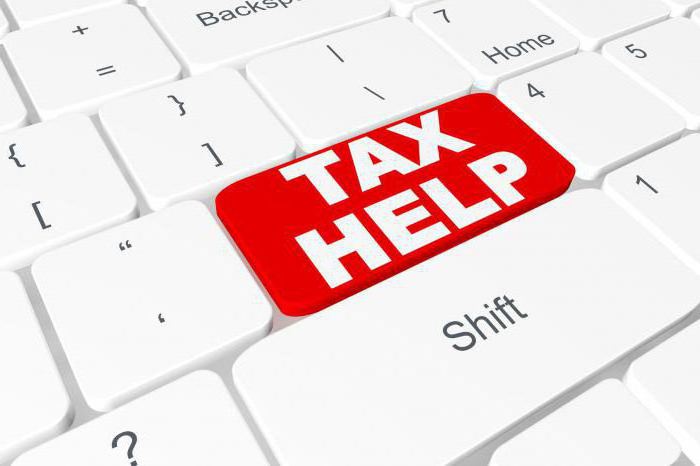
The largest role is played by indirect taxes and income. The tax collector in the country is the state. It is she who is responsible for the inflow of funds and the subsequent and redistribution. Incomes of municipalities consist of those funds that come from the payment of various tariffs, as well as property tax.
Responsible authority
The Canada Tax Agency is responsible for collecting taxes in Canada. The agency collects total revenue across Canada. Ontario is worthy of special attention, where the Department of Revenue is responsible for tax collection. The following types of taxes are collected in this province:
- Insurance premiums and other deductions.
- Royalty.
- Fuel tax.
- Land tax.
- Sales tax.
- Provincial land tax.
- Income tax.
In Canada, a tax system at the local level is considered simpler. Local taxes are divided into two types:
- Property tax.
- Business tax.
If we talk about federal taxes, first of all, it should be noted common with provincial taxes. This is income tax, royalties, as well as taxes on individual and corporate income. In addition to them, value added taxes, excise taxes and customs duties are levied at the federal level.
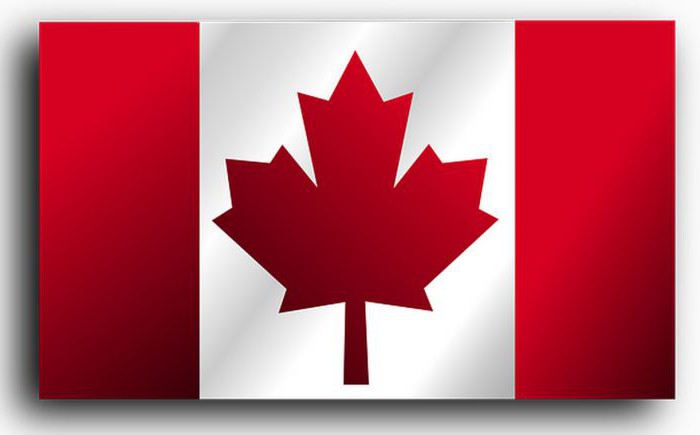
The tax system of a country implies the simultaneous use of tax bases at different levels. This applies to the federation and provinces. The parallel system of accrual of the same taxes is not used at the local level.
Tax calculation
Canadian law has a clear separation of taxes by nature and source. The state taxable income is divided into wages, property income, as well as income derived from capital gains. Certain amounts may be included in a particular type of income, according to the laws of the country. There are also some types of income that cannot be attributed to any of the above types. Tax on this type of income is not levied. As an example, win a lottery.
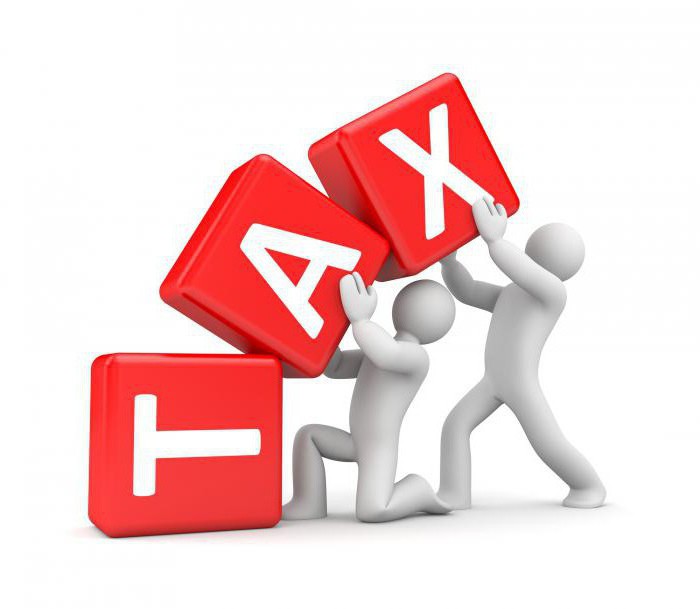
If we talk about capital taxes, it is worth noting that only half of the capital gain is taxable. Income from work includes not only the salary itself, but also all the bonuses that a resident receives in connection with the work performed.
Property income in Canada is calculated as profit. These include rent, interest and dividends. However, if these incomes are received in the course of entrepreneurial activity, they can be classified as entrepreneurial income. In cases where the payer incurs losses in the course of his activities, he can transfer them to another period, subtracting the amount of loss from taxable income.

According to Canadian law, the concepts of “income” and “taxable income” have different meanings.Taxable income is equal to net income, and that, in turn, is calculated on the basis of total income from which certain amounts of money are deducted. Already on the basis of net income, the amount of taxes payable is calculated.
What are the highest taxes in Canada?
Canada has the highest income tax. Its amount depends on the amount of income. Real estate tax is from 1 to 2 percent of the value of real estate purchased. This tax must be paid once a year. Real estate tax payers are not only owners, but also tenants of real estate. In addition, there is no difference which citizen of which state bought property in Canada. The tax rate is the same for everyone. If the value of real estate is from 250 to 400 thousand dollars, then the tax rate will be one and a half percent. In the event that the price of real estate exceeds the mark of 400 thousand dollars, the state treasury will have to pay 2 percent of the cost. Canada ranks second in the world after the United Kingdom of Great Britain and Northern Ireland in the amount of real estate tax. In the top 5 is another North American country - the United States.
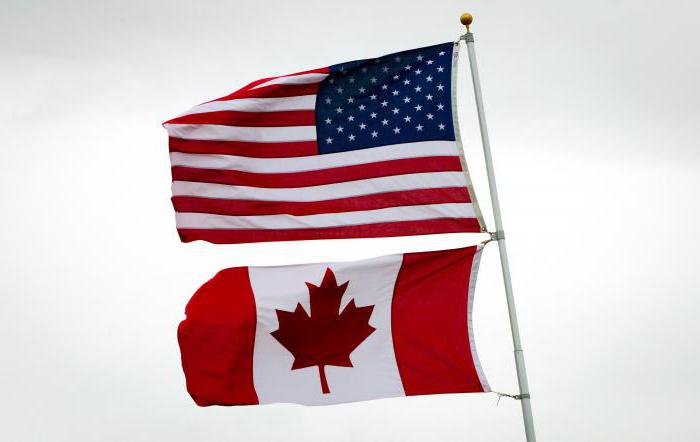
In Canada, the term “value added tax” (VAT) is not often used. In the camp it is customary to call it a consumption tax or a tax on products and services (NPU). The average rate is 6%, however, it depends on the territorial zone of the state.
What is income tax in Canada?
Let's analyze the question in more detail. As you know, taxes in Canada are divided into several types. Income tax refers to the federal. The tax rate increases in direct proportion to the amount of income received. The rates were adopted by the government of the country in 2002, and for the past 15 years no changes in the law have been taking place.
The tax rate is 15, 22, 26 and 29 percent, based on the amount of income. If the salary of a resident of Canada exceeded the mark of 7.5 thousand dollars, but turned out to be less than 42.7 thousand, then the lowest interest rate of 15% applies to him.
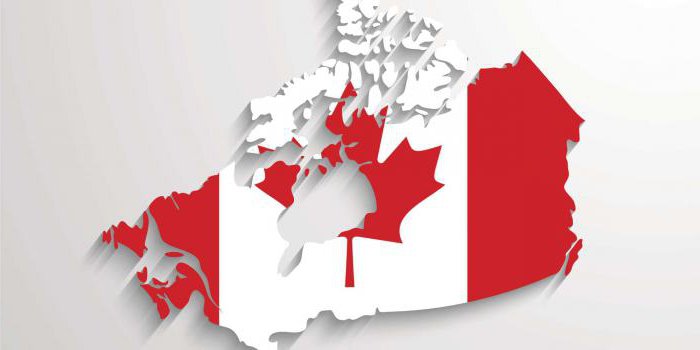
In Canada, the salary tax, which exceeds 42.7 thousand dollars, but not more than 85.4 thousand dollars, is 22 percent. The tax rate is 26 percent if the salary is 85,400 - 132,400 dollars. If the person’s income exceeds the amount of 132.4 thousand dollars, the rate of 29 percent is applied to him.
Salary tax calculation example
For a better understanding, you can calculate payroll taxes in Canada. If a person has earned 7.5 thousand dollars, then he is obliged to pay 1,125 dollars to the state (7,500 * 0.15). This is the minimum tax amount in the country. The maximum tax at a fifteen percent rate is $ 6,404.99 (42,699.99 * 0.15).
At a rate of 22 percent, the minimum tax amount will be $ 10,384 (47,200 * 0.22). The largest tax at this tax rate is $ 18,787.99 (85,999.9 * 0.22).
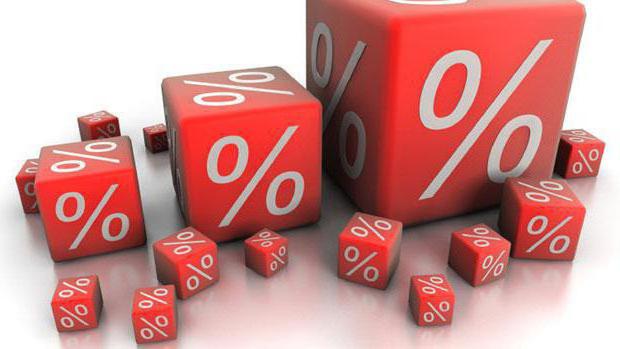
If the annual wage amounted to 132,399.99 dollars, then the treasury will need to pay 34,423.99 dollars. There is no maximum tax amount if the salary has exceeded 132,400. And the minimum is 38 396 dollars (132 400 * 0.29).
The average wage in Canada is approximately 63 thousand Canadian dollars per year. With this salary, a tax rate of 22 percent applies. Thus, each inhabitant of the country pays almost 14 thousand Canadian dollars on average to the budget each year.
The role of the tax system
Canada's tax system has a huge impact on the country's economy. At the end of the last century, the state tried to create tax regulation in such a way that it succeeded in stimulating demand. But still this was the second goal. The main emphasis was placed on the expenses of the state itself.
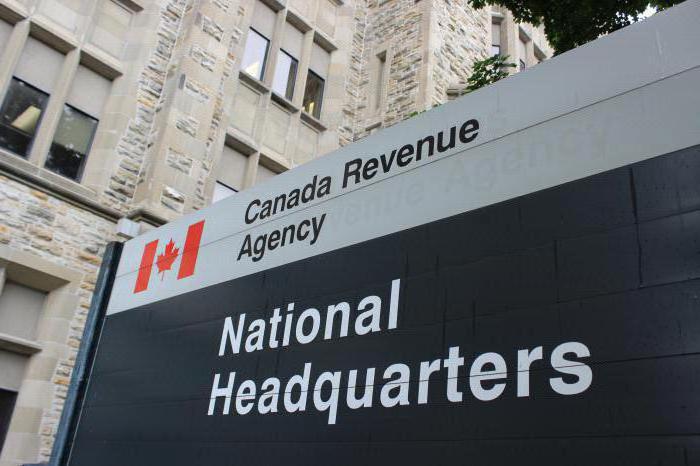
Since then, the role of the Canadian provinces in the country's economy began to increase. In recent years, the share of provincial gross domestic product in the total structure of GDP has more than doubled.This is even more than the share of the federal government of the country.
Other taxes
In addition to the income of residents received in Canada, cash can be earned abroad. It is also necessary to pay tax on these incomes. But there are countries with which Canada has a double tax treaty. In these cases, a Canadian resident pays taxes only in the country where he conducts business that brings him this income.
A large number of immigrants come to Canada annually. Their property is not subject to taxation until obtaining the status of a resident of the state. If you sell the property after obtaining this status, you still do not need to pay taxes. This rule applies to investment funds and real estate.
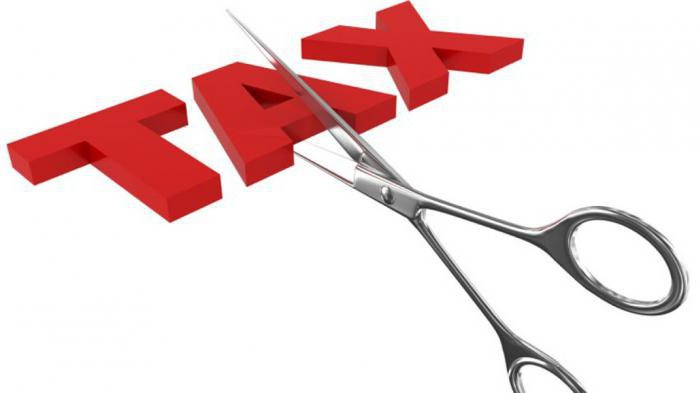
But we must remember that cash will not be taxed in the amount of the value of real estate and investment funds imported into Canada. This means that you must have a document on the official valuation of real estate at the current moment. All this must also be declared without fail before entering the state.
Canada Tax Coordination
Provinces take upon themselves all the consequences of income redistribution, since they also levy federal tax, which means they accept the entire tax structure. If the Canadian provinces could get the right to set their own rates, they would function much more progressively. The disadvantage of all this is the significant complication of the entire tax system in Canada.
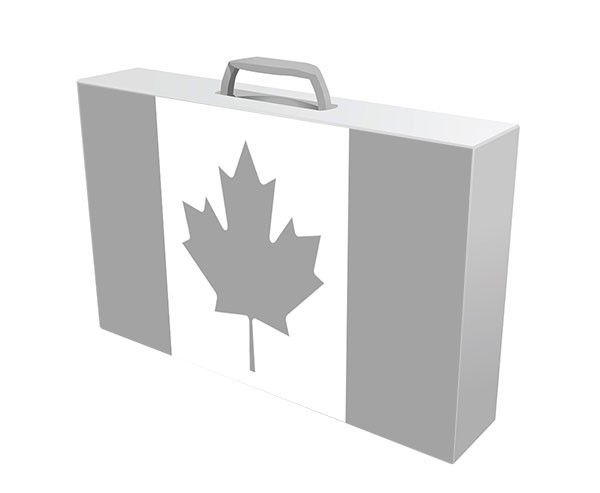
Provinces can still increase the amount of revenues to their budget, but in order to do this, it is necessary to significantly increase tax rates. Canada is a country with a developed level of decentralization. This makes it possible to adapt social policy to the needs of the regions, providing the provincial budgets with income.